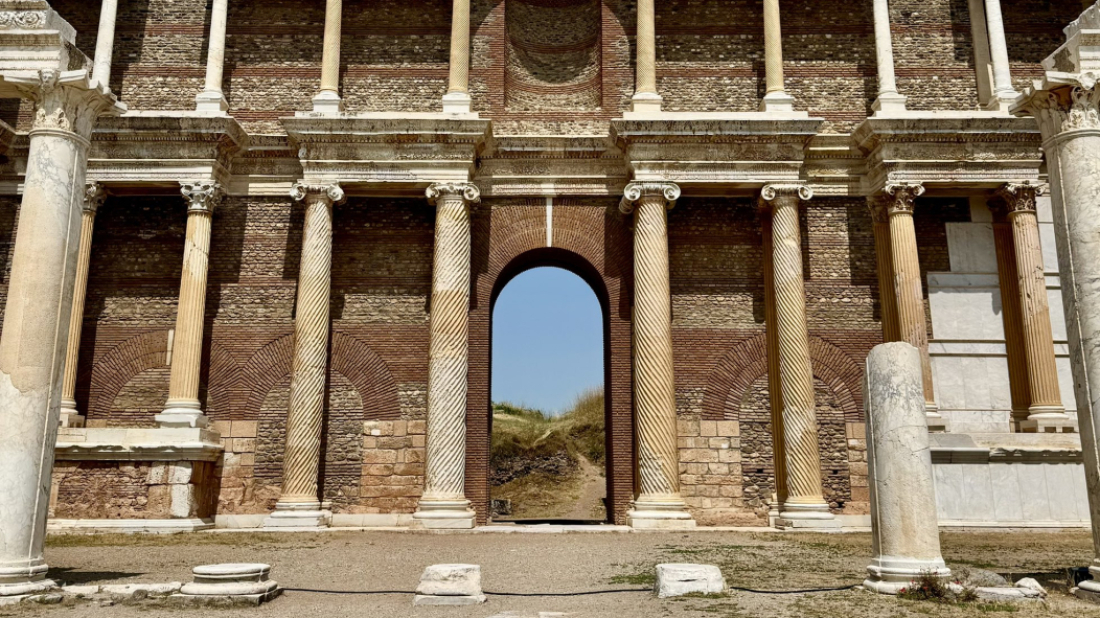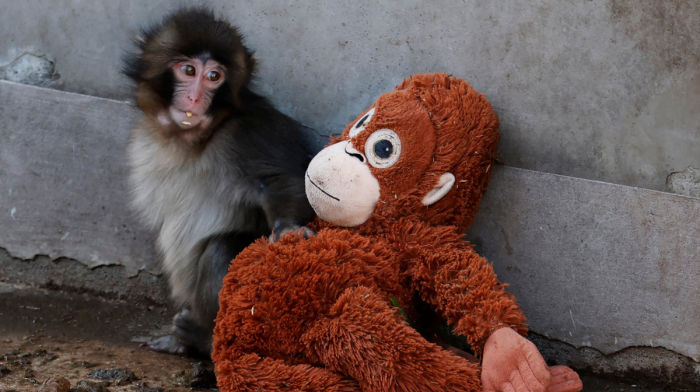The ancient city of Sardis and the Lydian Tumuli of Bin Tepe in western Türkiye have been inscribed on the UNESCO World Heritage List, Türkiye’s Minister of Culture and Tourism announced on Saturday.
Located in the Manisa province, the two sites reflect the rich legacy of the Lydian civilisation, which flourished in the region in the first millennium BCE. Sardis was the Lydian capital and is widely recognised as the place where coinage was invented.
The Turkish Foreign Ministry welcomed the recognition, noting that the addition was formalised on 12 July during the 47th Session of the UNESCO World Heritage Committee held in Paris.
“With this inscription, the number of sites from Türkiye on the UNESCO World Heritage List has reached 22,” the ministry said in a statement.
The Bin Tepe area, located east of Sardis, is home to hundreds of burial mounds, including royal tombs of Lydian kings. Often referred to as the “Lydian Pyramids,” the tumuli stretch across the Gediz River plain and have long been considered one of the most significant archaeological landscapes in western Türkiye.
The newly inscribed heritage site includes not only monumental ruins of Sardis such as the Gymnasium, Synagogue, and Temple of Artemis, but also the surrounding tumulus fields of Bin Tepe, which collectively illustrate the political, cultural and economic power of the ancient Lydians.
UNESCO’s recognition comes amid a broader campaign by Turkish authorities to spotlight the country’s cultural assets during the “Century of Türkiye” initiative, which marks the centenary of the republic.





















What is your opinion on this topic?
Leave the first comment